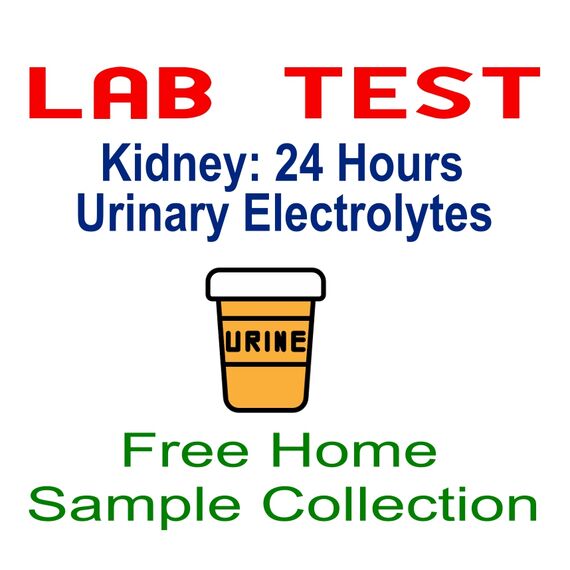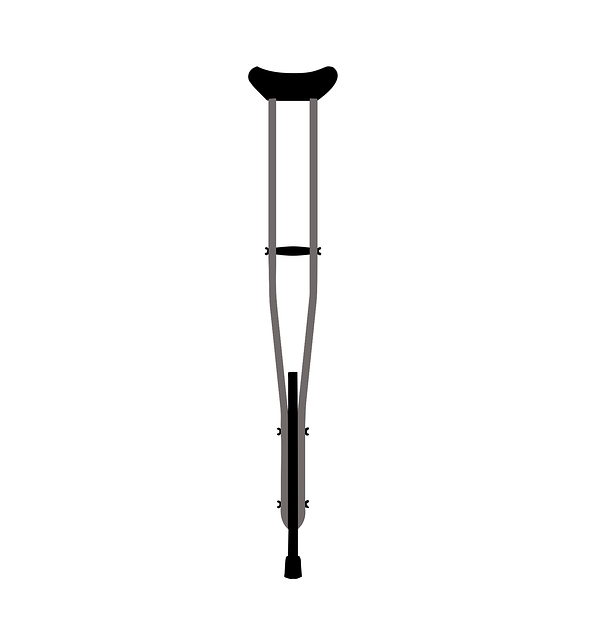This test is aslo known as 24 Hour Urine Protein, 24 Hour Urine Electrolyte, Electrolytes (Na, K, Cl) - Urine 24 hr.
A 24-hour urine electrolytes test is frequently used to measure the amounts of electrolytes in your pee (urine) over a full day to help diagnose or monitor conditions that affect your kidneys. Electrolytes are minerals found in the blood and other body fluids that carry an electric charge. The main electrolytes are sodium (Na), potassium (K), and chloride (Cl). These minerals are essential for several vital functions in the body, including maintaining the balance of fluids, regulating the activity of nerve and muscle cells, and supporting proper kidney function.
Input your data
Your doctor may recommend a 24-hour urinary electrolytes test to diagnose the kidney problems or its functions if you have symptoms of glomerulonephritis or nephrotic syndrome as below:
Signs & symptoms of Glomerulonephritis include:
- Pink or cola-colored urine from red blood cells in your urine (hematuria).
- Foamy or bubbly urine due to excess protein in the urine (proteinuria).
- High blood pressure (hypertension).
- Fluid retention (edema) with swelling evident in your face, hands, feet and abdomen.
- Urinating less than usual.
- Nausea and vomiting.
- Muscle cramps.
- Fatigue.
Signs & symptoms of Nephrotic syndrome include:
- Severe swelling (edema), particularly around your eyes and in your ankles and feet.
- Foamy urine, a result of excess protein in your urine.
- Weight gain due to fluid retention.
- Fatigue.
- Loss of appetite.
Other types of kidney disease or other conditions that affect the kidneys are also sufficient reasons to order the test, including:
- Uncontrolled diabetes
- High blood pressure
- Lupus preeclampsia screening during pregnancy

The patient must collect all urine produced over a 24-hour period in a special container provided by the laboratory. Avoid vigorous physical activity 24 hours prior to and during the collection period. It is important to follow the instructions provided by the laboratory or your doctor carefully.
Enquire with your provider what you can eat or drink during and before the test. They may recommend you to avoid:
- Coffee, tea & other caffeinated beverages.
- Nicotine.
- Alcohol.
- Certain fruits, vegetables & fruit juice.
- Vitamins, supplements or medications. But do not stop taking any medications unless your health care provider or physician advises you.
Same day or next day
A blood sample drawn from a vein in your arm known as "Vanipuncture".
Sample report in a format
No reviews found




